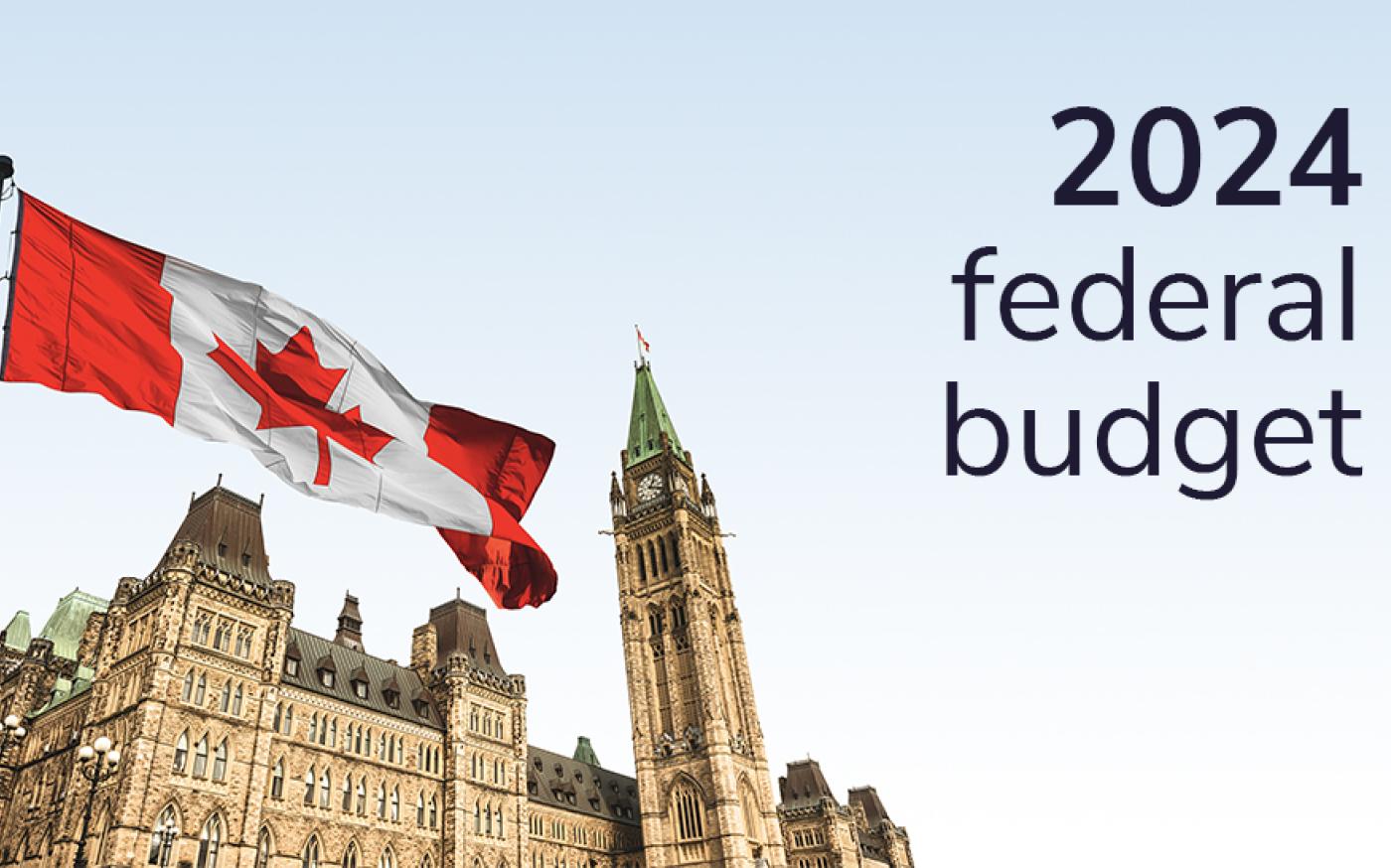Some Canadians are fortunate enough to get great workplace benefits. These often include health and dental coverage, a company pension and company share ownership options. Another common benefit is company life insurance (known in the industry as group life insurance).
Did you know that over half of Canadians don’t have a will? And that number jumps to 70% for younger Canadians (aged 18-34) and 66% for those aged 35-54. This is even more surprising given that almost 60% of Canadians think they have a good level of estate planning in place.
Getting your spouse and kids to agree on an approach to money can be tricky. These strategies can help get your whole family aligned.
Many investors struggle to keep their emotions in check when making investment decisions. After all, we’re human beings; our instincts often dictate our behaviour, even in the face of hard facts and rationality. These four strategies can help you to avoid making impulsive decisions and keep your financial plan on track.
Canadians are pretty good at some aspects of estate planning. Almost half of Canadians have drawn up a will, and that number shoots up to 78% of Canadians aged 55-plus.
The 2024 federal budget tabled by Finance Minister Chrystia Freeland on April 16 contained several proposals that will impact the financial, tax and estate plans of Canadians. The following is a summary of the most relevant budget proposals that may impact Canadians.
Those Canadians (45%) who say that they have a retirement plan feel less stressed about their future because retirement feels more attainable. However, many of those are unaware of what a real retirement plan looks like. Regularly saving in a company pension plan, an RRSP or a TFSA is not a retirement plan.
Many of us understand the value of the Registered Retirement Savings Plan (RRSP): almost six million Canadians make RRSP contributions every year.1 Most of us also know about the tax benefits of RRSP contributions and that it’s an extremely versatile and effective retirement planning tool.









